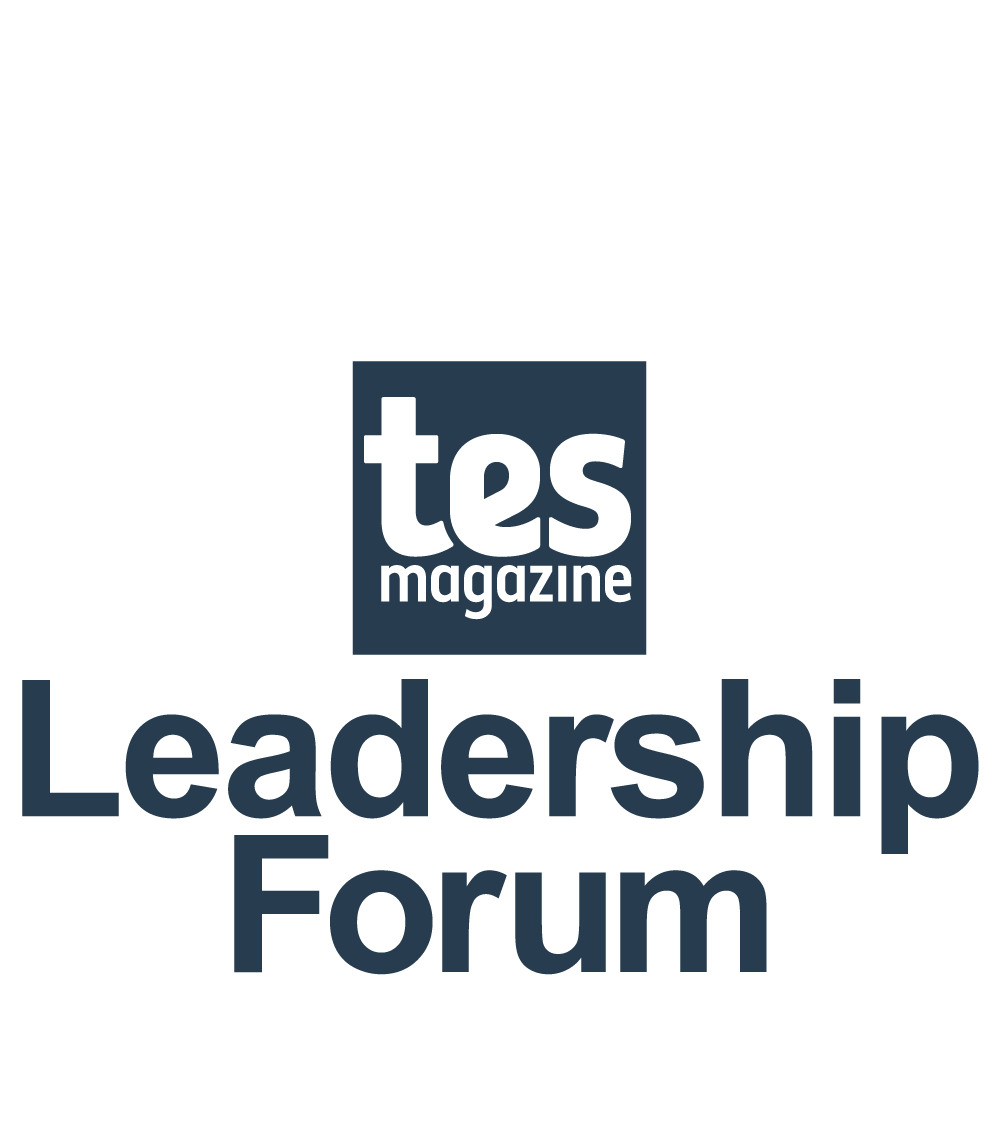
- Home
- Leadership
- Tips & Techniques
- The importance of accountability for trustees
The importance of accountability for trustees

Accountability isnŌĆÖt just a buzzword for trustee boards, itŌĆÖs the bedrock of effective governance. Without it, difficult conversations can falter and the boardŌĆÖs ability to fulfill its duty can be compromised.
True accountability means creating an environment where trustees can openly scrutinise performance, challenge decisions and ensure the organisation adheres to its mission by ŌĆ£making accountability realŌĆØ, as the emphasises.
But cultivating this culture of open dialogue and responsibility requires more than good intentions.
We spoke to experts from the Paradigm Trust and the Confederation of School Trusts (CST) to hear their thoughts on how to get it right.

The expert view
One of the key areas of accountability is around conflicts of interest for trustees and other leadership positions, explains Emma Vehit, company secretary and data protection officer at the Paradigm Trust, and the trust has clear guidelines in place to address this.
ŌĆ£We annually require directors, members, principals, the senior leadership team - any budget holders, really - to declare any interests that they have. But everyoneŌĆÖs invited to update us as soon as anything happens if there are any changes throughout the year,ŌĆØ she explains.
The trust also has ŌĆ£internal and external auditors that will look at our business interest formsŌĆØ, she says, and these will complete Companies House searches for directors and members to make sure that theyŌĆÖre ŌĆ£in line and appropriateŌĆØ.
The trust also opted to have its first external board review last year as an extra boost for accountability, she continues, using the CST to conduct an external review of governance. And she recommends that others undertake the same process every few years.
ŌĆ£WeŌĆÖd had a governance review that weŌĆÖd have done through our internal auditors a few years back [as part of an internal scrutiny programme completed by an external provider], and then we thought we should go external and have someone come in,ŌĆØ she recalls. ŌĆ£It was a thorough process, we felt like weŌĆÖd been audited.
ŌĆ£There were some recommendations, but it was really complimentary about the governance across the trust and we built an action plan that weŌĆÖve been building on this year.ŌĆØ
And how about where things are going less well? How does the trust manage accountability when it comes to issues and complaints?
ŌĆ£WeŌĆÖve got a good system in place of communication with parents, and we find that most of the time they just want to be heard, so we give that, and it usually seems to go well,ŌĆØ says Vehit.
Any issues that do require escalation are explored through committees, she continues, and then these will be fed up to the trustee board ŌĆ£in a really open and transparent wayŌĆØ, so ŌĆ£the board will have a broad oversight around any issues happening in each of the schoolsŌĆØ.
Samira Sadeghi, director of trust governance at CST, says this sort of approach to complaints and challenges is one that should be adopted more widely across the sector.
ŌĆ£You donŌĆÖt see that at every trust; sometimes that feedback doesnŌĆÖt happen as often as it should,ŌĆØ she says.
And adds: ŌĆ£But there are certain data points and information that are so revealing about culture. Complaints are very revealing. Staff absence is often very revealing.
ŌĆ£I always talk about near misses as well because you might have been able to resolve something, but it could have been something much bigger, so itŌĆÖs worth actually examining it, even though it didnŌĆÖt escalate.ŌĆØ
But Sadeghi ŌĆ£marvelsŌĆØ at how regulated the sector is, with ŌĆ£incredible levels of regulation and accountability, just through the Academy Trust Handbook and all the audits that take place and the rules that are in place alreadyŌĆØ.
She also highlights indicating 99.6 per cent of trusts had ŌĆ£cleanŌĆØ audits, with 98 per cent found to be compliant with those guidelines and ŌĆ£basically doing everything by the bookŌĆØ.
ŌĆ£And it makes sense because we have public money, and we need to be seen to be spending it the right way. It is that public confidence that we are trying to keep,ŌĆØ Sadeghi adds.

The view on the ground
David Willis is chair of the board of trustees for Paradigm Trust and reflects on the many different stakeholders to whom a board is accountable, beginning with staff.
ŌĆ£The staff are an absolutely key group of stakeholders,ŌĆØ he says. The trust undertakes an annual staff survey to get their feedback, and ŌĆ£we spend a lot of time looking at themŌĆØ, he explains.
This includes exploring where differences are arising - such as between schools, since the last survey and against national benchmarks - to try and address these as soon as possible.
Then there are the local education authorities, which can be both ŌĆ£challenging and positiveŌĆØ, he says. Likewise, the Department for Education is a critical relationship to manage around accountability.
ŌĆ£They seem to recognise that weŌĆÖre open with them, that weŌĆÖre constructive,ŌĆØ he continues. ŌĆ£And periodically they will ask if they can have my chief executive to work on something for them, which shows he must be doing something right. We do try and help out with sector-wide initiatives where we can, but itŌĆÖs a very different form of communication with them.ŌĆØ
Ultimately, he says, ŌĆ£theyŌĆÖre going to get much more excited about you if somethingŌĆÖs gone wrong, rather than if everythingŌĆÖs going well. So silence is a good thing sometimesŌĆØ.
There is also the key stakeholder group of parents, he continues, and the myriad potentially tricky issues that need to be handled in that domain. He recalls the challenges around the new PSHE curriculum of a few years ago.
ŌĆ£That was quite controversial among some of the parents in our area, so the board wanted to make sure that the consultation processes were really thorough,ŌĆØ Willis says. ŌĆ£The time was invested, and it did work. Not everyone will have agreed on the outcome, and youŌĆÖre never going to get all parents to agree on that sort of thing.
ŌĆ£But we got really good feedback because we had a good process, and we listened to peopleŌĆÖs concerns. I find that doing things professionally often gets you credit, even if people donŌĆÖt agree with the outcome. And a degree of discomfort through accountability is no bad thing.ŌĆØ
This typifies the approach the board attempts to take around accountability and communication in general, explains Bill Holledge, CEO of Paradigm Trust.
He explains: ŌĆ£In that case, we had a classic, multimodal consultation approach along the lines of: this is coming, hereŌĆÖs some information, now letŌĆÖs have a meeting of parents and weŌĆÖll talk it through. Then weŌĆÖll take Q and A, and if we need to go again, weŌĆÖll go again.
ŌĆ£ItŌĆÖs a combination of getting information out that we try to make accessible, and then running towards open communication, face to face. We could have gone for a version of stealth and seen what we could get away with, but then the problem would have come at the point at which we started to implement, and the legitimacy of that would have been really difficult, with people saying we didnŌĆÖt consult them.ŌĆØ
Instead, he says, the board has ŌĆ£generally found that being open and upfront, even when itŌĆÖs going to be potentially controversial, is almost always better than the alternativeŌĆØ.
And that approach to accountability through communication applies ŌĆ£at all levelsŌĆØ, says Holledge, and that means ŌĆ£being really open, not just when things are going right, but when they maybe havenŌĆÖt gone quite so rightŌĆØ.
ŌĆ£ThatŌĆÖs how you maintain confidence with people and with organisations like the DfE, with the local authorities and so on,ŌĆØ he adds.
In that honest mode, there is also a more realistic approach to what the facts and figures represent, which also offers a boost to accountability.
ŌĆ£For a board to be effective, it needs to be well calibrated in terms of materiality,ŌĆØ says Holledge. ŌĆ£An effective board is clear that a few percentage points away from an educational achievement target is almost certainly noise, and a few thousand pounds away from a budget target is probably unlikely to be significant.
ŌĆ£Everybody can preserve their time and energy for the intelligent accountability on stuff that really matters. I think excessive or poorly focused or overly emotive or performative accountability can actually act as a brake on performance, rather than being an enabler or a safety net.ŌĆØ
For key school and trust leadership insights delivered every month, sign up for the Tes LeadersŌĆÖ Briefing newsletter
You need a Tes subscription to read this article
Subscribe now to read this article and get other subscriber-only content:
- Unlimited access to all Tes magazine content
- Exclusive subscriber-only stories
- Award-winning email newsletters
- Unlimited access to all Tes magazine content
- Exclusive subscriber-only stories
- Award-winning email newsletters
You need a subscription to read this article
Subscribe now to read this article and get other subscriber-only content, including:
- Unlimited access to all Tes magazine content
- Exclusive subscriber-only stories
- Award-winning email newsletters
- Unlimited access to all Tes magazine content
- Exclusive subscriber-only stories
- Award-winning email newsletters
topics in this article




